Related Article
-
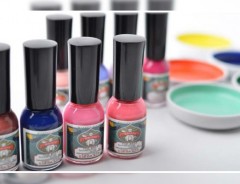
Make A Statement With Nail Polish In Traditional Japanese Colors
-

Tokyo Disney To Open New Park, Possibly With Japanese Style Theme
-
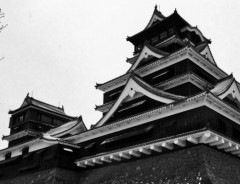
When A Snow Falls On A Black Japanese Castle…
-
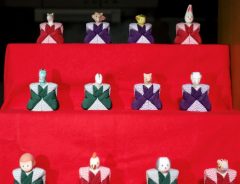
Kimekomi and Kurumi E: Traditional Crafts that continue from Ancient Times
-
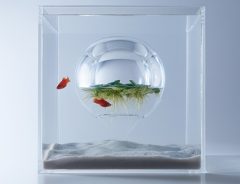
This Fish Tank Has An Air Bubble That Grows Plants For Fish
-

Puppy Striking Proud Pose In Front Of Hachiko Is Too Much For Shibuya To Handle
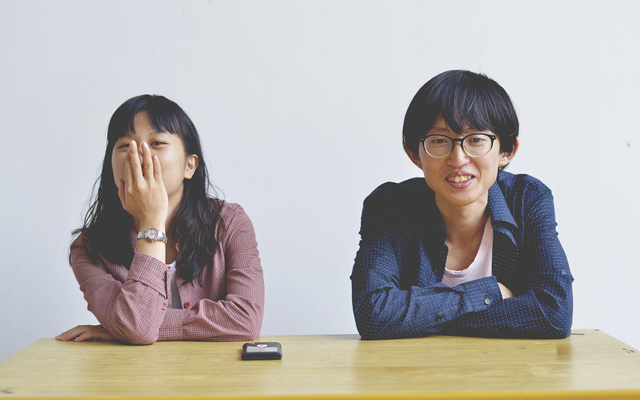


Suicide and dating. Not many would find similarities in the two, given the fact that the former is often the means to an end of unbearable suffering, and the latter, a term with a more positive connotation, is often characterized by the pursuit of true love and happiness. However, in a recent column posted by Joshi Spa!, it was said that suicide and dating have more commonalities than one would think. Not only does dating require time, but it involves physical, emotional, and financial investment. When a serious relationship fails, one can only imagine the emotional suffering that will ensue.
Imagine attempting to start a business in which you invest countless hours, money, and hard work, but rather than seeing your business come to fruition, your business fails and you are left in emotional and financial ruin. With this in mind, one can argue that parallels can be drawn between dating and suicide. This type of mindset has led the rise of phenomena such as soushoku-kei danshi (otherwise known as “Herbivore Men”) and kousai zero nichikon among the younger generation in Japan.
Coined in 2006 by columnist Maki Fukasawa, Herbivore Men describes men who are uninterested in sex, dating, and/or marriage — a trend that is growing at an alarming rate among younger Japanese males. In a 2015 study conducted by the Japanese government, approximately 20% of men in their mid to late 20’s reported that they had no interest or a complete dislike of sex altogether. Some attribute this overwhelming proportion of Herbivore Men in Japan to the country’s reputation for long work hours and subsequent imbalanced work and social life. Despite this alarming statistic, there appeared to be hope as approximately 60% of the total cohort of 20-39 year old single men and women who were surveyed expressed an interest in dating.
Within the dating and marriage scene, a new phenomenon, which involves marrying one’s friend or acquaintance, is emerging. This phenomenon, kousai zero nichikon, has been garnering attention ever since Maki Horikita married her co-star Koji Yamamoto after just one month of dating. Among my own Japanese friends, I can say that I know a handful of couples who married each other after dating for less than six months. Whether their marriage was a result of instantaneous true love or convenience is debatable, but from experience I can say that it is difficult to determine who you intend to spend the rest of your life with within a span of six months. In a recent conversation I had with one of my best friends, she too told me how she and her male friend discussed the idea of marrying each other if neither of them have tied the knot by age 40.
The concept of kousai zero nichikon stems from the notion that dating and marriage is akin to suicide. Rather than being enjoyable, dating is seen as a burden, and in many ways, a gamble that requires so much personal investment without the security of knowing that the relationship will be successful. If current trends in dating, marriage, and low birth rates continue, the Japanese government projects that the population will decline from its current 127 million to 85 million by 2060. While the Japanese government is well-aware of the bleak future that they are facing, it is clear that in order to combat the issue, a holistic analysis extending to all aspects of Japanese society — long work hours, the increase in living expenses, and an overall fear of taking risks — is needed.